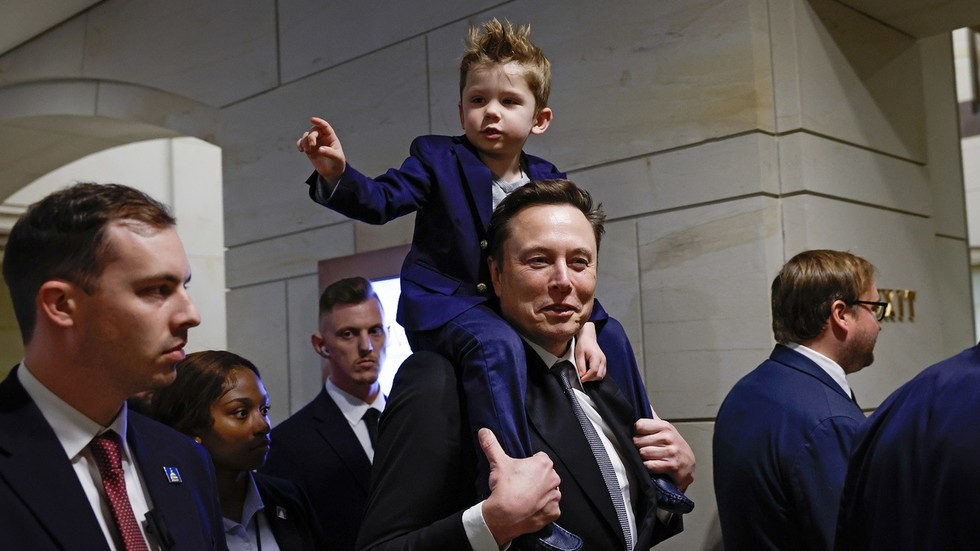
The latest headlines from our reporters across the US sent straight to your inbox each weekday
Your briefing on the latest headlines from across the US
Elon Musk has admitted that he listens to podcasts about the fall of civilization to help him get to sleep at night, despite it being one of his biggest worries.
“I listen to podcasts about the fall of civilizations to fall asleep,” the billionaire Tesla boss said at the Milken Global Conference in Los Angeles on Monday.
Mr Musk was asked what keeps him up at night and responded, “Anything that’s a civilizational risk,” including plummeting birth rates and “anything that undermines the foundations of democracy in America or elsewhere” as well as “anything that’s leading us away from a merit-based system.”
The South African-born entrepreneur said he has long theorised that artificial intelligence, declining birth rates or a “single world government” could lead to the collapse of civilization.
This could be digital intelligence replacing biological brains, the tech mogul has said, adding that for civilization to survive, humans will have to merge with machines to avoid becoming irrelevant.
“Over time I think we will probably see a closer merger of biological intelligence and digital intelligence,” he said at a summit in Dubai in 2017.
“It’s mostly about the bandwidth, the speed of the connection between your brain and the digital version of yourself – particularly output.”
He added that computers can communicate at “a trillion bits per second”, while humans can only manage around 10 bits per second while typing on a mobile device.
Mr Musk has already begun actualising his theory. In January, he announced that the first human had received a brain implant from his Neuralink company.
The device is designed to “interpret a person’s neural activity, so they can operate a computer or smartphone by simply intending to move – no wires or physical movement are required,” according to Neuralink.
Neuralink says it aims “to redefine the boundaries of human capability,” telling prospective participants that they “could significantly shape the future of interaction and independence, not just for you but for countless others.”
“Initial results show promising neuron spike detection,” he said in January, referring to the cellular activity between our brains and our nervous systems.
Meanwhile, Mr Musk has also spoken of his fear of “deep AI” that’s “smarter than the smartest human on earth”, labelling it a “dangerous” situation.
“Some high-bandwidth interface to the brain will be something that helps achieve a symbiosis between human and machine intelligence and maybe solves the control problem and the usefulness problem,” he said in 2017.
Mr Musk, who wons the xAI startup, echoed his 2017 comments on Monday, arguing that it is “very important” that we build AI “in a way that is beneficial to humanity.”
“The AI should not be taught to lie, it should not be taught to say things that are not true. Even if those things are politically incorrect, it should still say what it believes to be true,” he said.

 7 months ago
33
7 months ago
33









